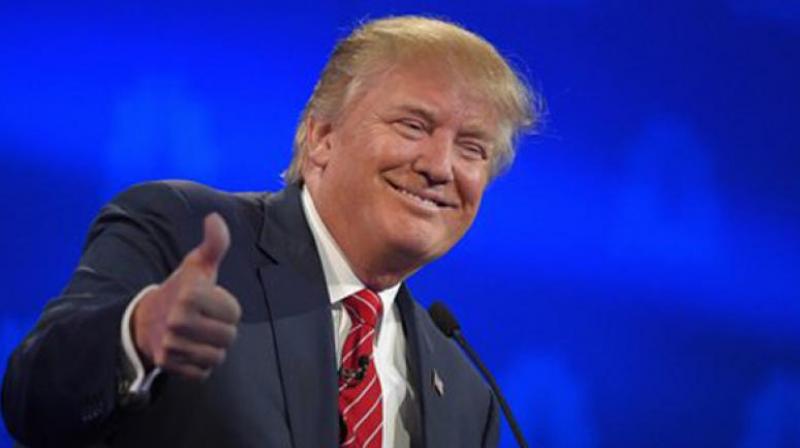Intel CEO joins Trump to tout US chip factory
While Trump appeared to take credit for the plan, Intel called the investment an \"update\".

US tech giant Intel unveiled plans for a USD 7 billion chip factory in Arizona, in an announcement at the White House with President Donald Trump. While Trump appeared to take credit for the plan, Intel called the investment an "update" of a 2011 plan to invest USD 5 billion for the same facility in the southeastern US state.
An Intel spokesman said the initial plan had not been completed due to lack of demand, and that Wednesday's move represented a "new" investment of USD 7 billion. It marked the latest in a string of such announcements since Trump began pressing companies to create more American jobs and reverse the trend of offshore manufacturing.
"Intel is very proud of the fact that the majority of our manufacturing is here in the US and the majority of our research and development is here in the US, while over 80 per cent of what we sell is sold outside of the US," chief executive Brian Krzanich said at a White House event with Trump.
The company said the Arizona plant would produce "the most advanced 7-nanometer semiconductor chips on the planet" and directly lead to 3,000 "high-tech, high-wage jobs" at Intel.
With the indirect impact, the company said an estimated 10,000 jobs would result from the factory. Trump said Krzanich "called a few weeks ago and said, we want to do a very big announcement having to do with our country, but also having to do mostly with Arizona, and the jobs and the great technology that will be produced."
He called the investment a "great thing for Arizona," and added, "it's a lot of jobs."
Krzanich acknowledged that "we've been working on this factory for several years" but "held off actually doing this investment until now."
Asked if the decision came in response to the new president's actions, he said, "It's really in support of the tax and regulatory policies that we see the administration pushing forward that really make it advantageous to do manufacturing in the US."
The announcement came in spite of a deepening rift between the new Trump administration and the tech sector over a White House order barring entry to refugees and nationals from seven Muslim-majority countries.
Intel joined a group of over 120 tech and other firms backing a court challenge to the travel ban -- which is currently suspended. Tech companies have fiercely opposed the move, saying it would hurt the effort to hire and retain skilled employees from around the world and potentially break up families. The sector relies heavily on foreign-born scientists and engineers.

